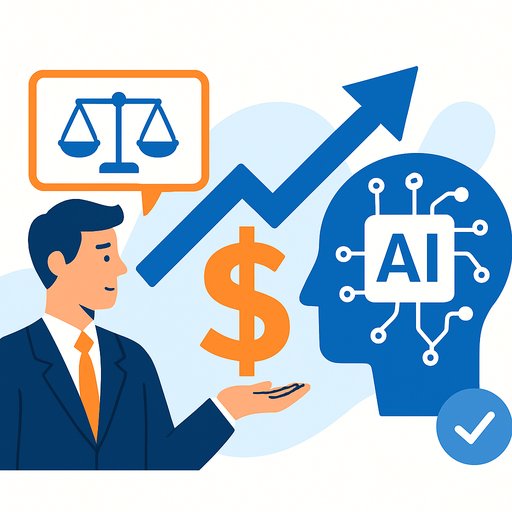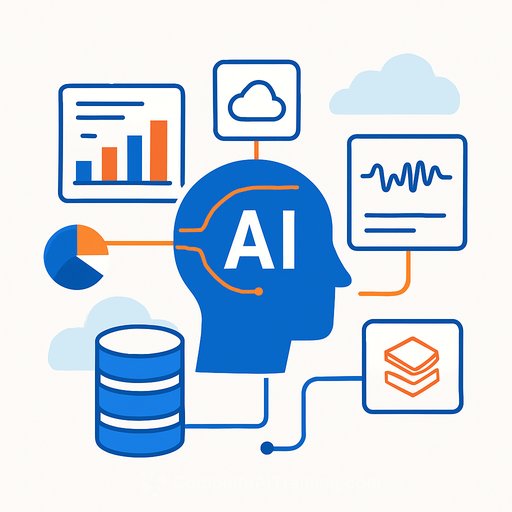Streamlining Payer-Provider Contracts for Better Healthcare Management
Payer-provider contracts form the foundation of financial and operational efficiency within the U.S. healthcare system. These contracts are legal agreements outlining how healthcare services are delivered and reimbursed between payers and providers. While the concept might sound straightforward, the actual contract management process is often slowed down by manual workflows and limited access to critical information and technology.
This article highlights the challenges in managing these contracts, points out where artificial intelligence (AI) can improve efficiency, and presents a vision for modernizing the entire provider contracting process.
The Current Landscape: Manual and Fragmented
Health plans spend over $280 billion annually on administration, with $20–23 billion specifically dedicated to provider contracting. The main factors driving these costs include:
- Legal and contracting staff expenses
- Fragmented documentation systems
- Manual contract redlining and negotiations
- Network adequacy analytics
- Ongoing credentialing and compliance audits
These inefficiencies cost the healthcare system an estimated $40–60 billion, revealing a significant opportunity for improvement.
The Current State of Contract Lifecycle Management (CLM) Tools
CLM tools promise to simplify contract creation, approval, storage, and retrieval. Most tools today offer features such as:
- Centralized digital contract repositories
- Version control and audit trails
- Template-driven contract generation
- E-signature integration
- Workflow automation for approvals and renewals
- Basic search and tagging functions
However, these tools mainly optimize administrative tasks, focusing on document management rather than offering true contract intelligence. This shortfall becomes especially clear when managing provider contracts.
Where Manual Processes Persist
Despite digital advancements, several critical contract management tasks remain manual or heavily reliant on human oversight:
- Pricing Configuration for Claims Adjudication: Accurately inputting pricing terms into claims systems is still a manual and error-prone process.
- Contract Language Compliance Audits: Reviewing contracts to ensure regulatory compliance (such as non-discrimination clauses) requires extensive manual effort.
- Reconciliation Across Multiple Documents: Aligning contract terms with related documents, often stored in separate systems, is time-consuming and complex.
Financial and Compliance Impacts of Manual Contract Management
The manual nature of these tasks leads to several costly issues:
- Financial Leakage: Incorrect pricing configurations cause delayed or inaccurate payments, increasing administrative costs and straining provider relationships.
- Compliance Risks: Difficulty in quickly verifying required contract language increases exposure to audits and potential fines.
- Operational Inefficiencies: Contracting teams spend excessive time on administrative tasks instead of strategic negotiation, slowing onboarding and renewal processes.
AI-Powered CLM: Enhancing Every Stage
AI introduces intelligence throughout contract lifecycle management, transforming contracts from static files into dynamic sources of insight to improve operations, finances, and strategy.
Key AI Capabilities in Contract Management
- AI-Driven Contract Review
- NLP-Based Clause Extraction: Automatically identifies and classifies important contract clauses for quick review.
- Detection of Non-Standard Terms: Flags language that deviates from standard terms to reduce legal risks.
- Language Benchmarking: Compares contract clauses against historical norms to assess favorability and ensure compliance.
- Workflow Automation
- Real-Time Alerts: Notifies stakeholders of upcoming renewals, deadlines, or missing approvals.
- Auto-Renewal Workflows: Triggers renewal processes linked to compliance checks for proactive contract management.
- Centralized Repository with Advanced Search
- OCR-Enabled Ingestion: Converts scanned documents and PDFs into searchable, structured data.
- Metadata-Based Search: Allows searches by provider name, type, TIN, reimbursement model, and more.
- Analytics and Compliance Dashboards
- Network Adequacy Modeling: Simulates how contract changes affect provider coverage and patient access.
- Obligation Tracking: Monitors credentialing deadlines, audits, and other time-sensitive contract requirements.
- Healthcare-Specific Features
- Provider Directory Sync: Keeps contract data aligned with NPI, TIN, and specialty records.
- Delegated Entity Monitoring: Flags non-compliance among delegated entities automatically.
- PCP Reassignment & Offboarding Automation: Simplifies transitions when providers change roles or leave.
- CMS/NCQA Clause Mapping: Ensures contracts comply with federal and accreditation standards.
Driving Change with Purpose-Built AI Models
Some AI solutions focus specifically on healthcare contracts, using models trained on healthcare documents to extract valuable insights and automate tasks. This approach improves accuracy in pricing configuration, compliance validation, and other downstream processes.
By shifting from static contract storage to intelligent management, these AI-powered systems enable health plans to reduce risk, increase financial value, and accelerate strategic initiatives across their provider networks.
For those interested in exploring AI applications in contract management and other healthcare operations, valuable courses and training are available at Complete AI Training.
Your membership also unlocks:





